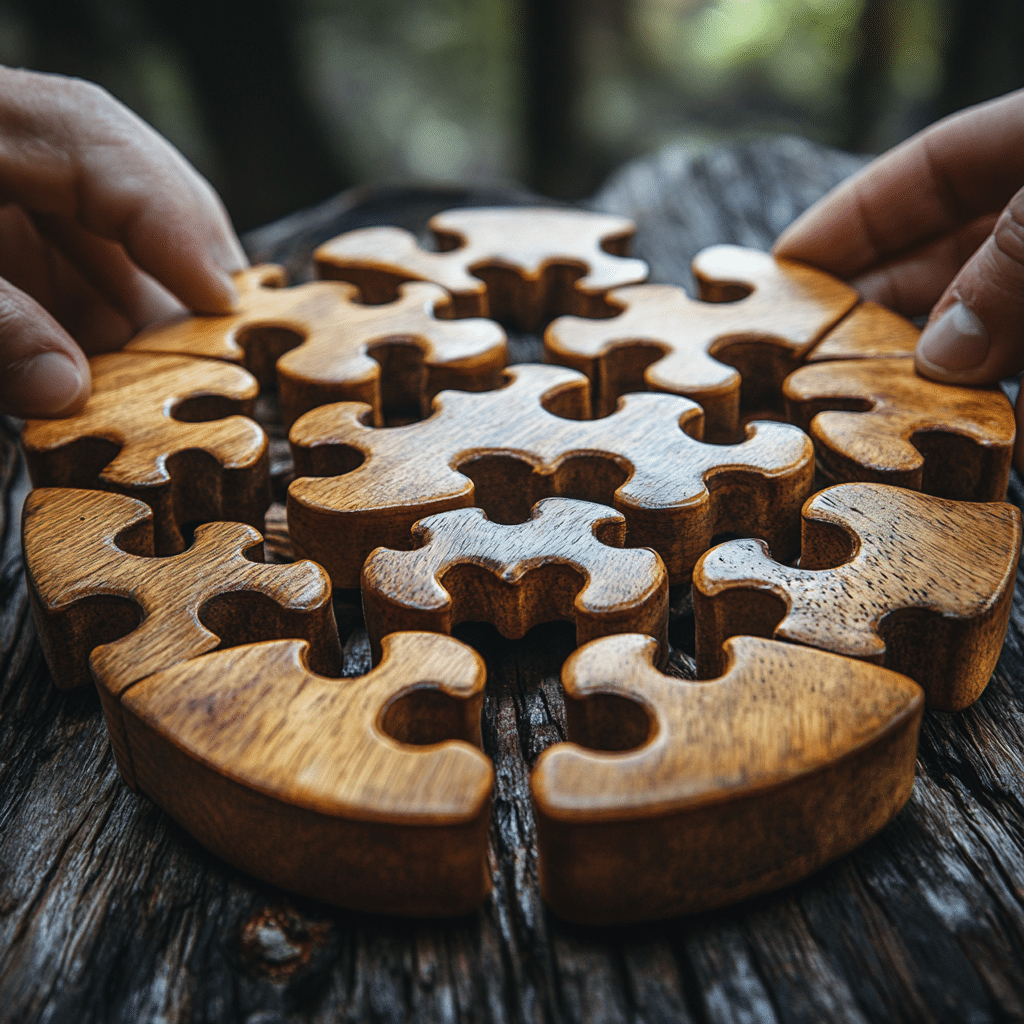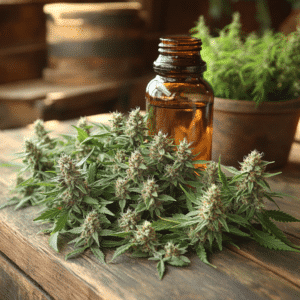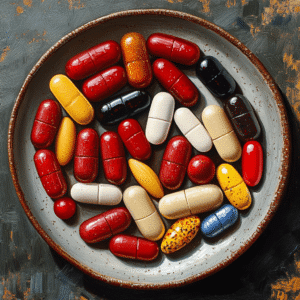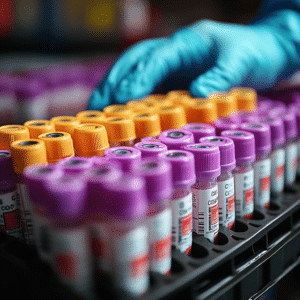The Rise of Online Recovery Communities
In today’s fast-paced digital age, online recovery communities have emerged as a beacon of hope for individuals battling addiction. With the rise of technology, we find ourselves equipped with tools that offer support at our fingertips. Parents of children grappling with addiction or those who have tragically lost a child to substance use are uncovering new avenues of comfort and connection through these platforms.
One of the primary attractions of online recovery communities is their accessibility. Rather than traveling to a physical meeting, members can log in from the comfort of their homes. This convenience can be especially vital for parents who may face challenges getting away. Anonymity plays a significant role too, as many individuals feel safer sharing their experiences when their identity is shielded. Breaking geographical barriers allows for a more extensive network of support; individuals from various backgrounds, cultures, and locations can connect and share their unique stories.
What’s remarkable about these communities is the sense of belonging they foster. For instance, those who are hesitant to enter a traditional support group may find solace in the vibrant discussions on platforms like Reddit’s r/stopdrinking. Here, parents and individuals can share invaluable insights, knowing they’re among others who truly understand their struggles. Groups like these cultivate an environment of empathy and connection, allowing participants to feel like they are part of something bigger.
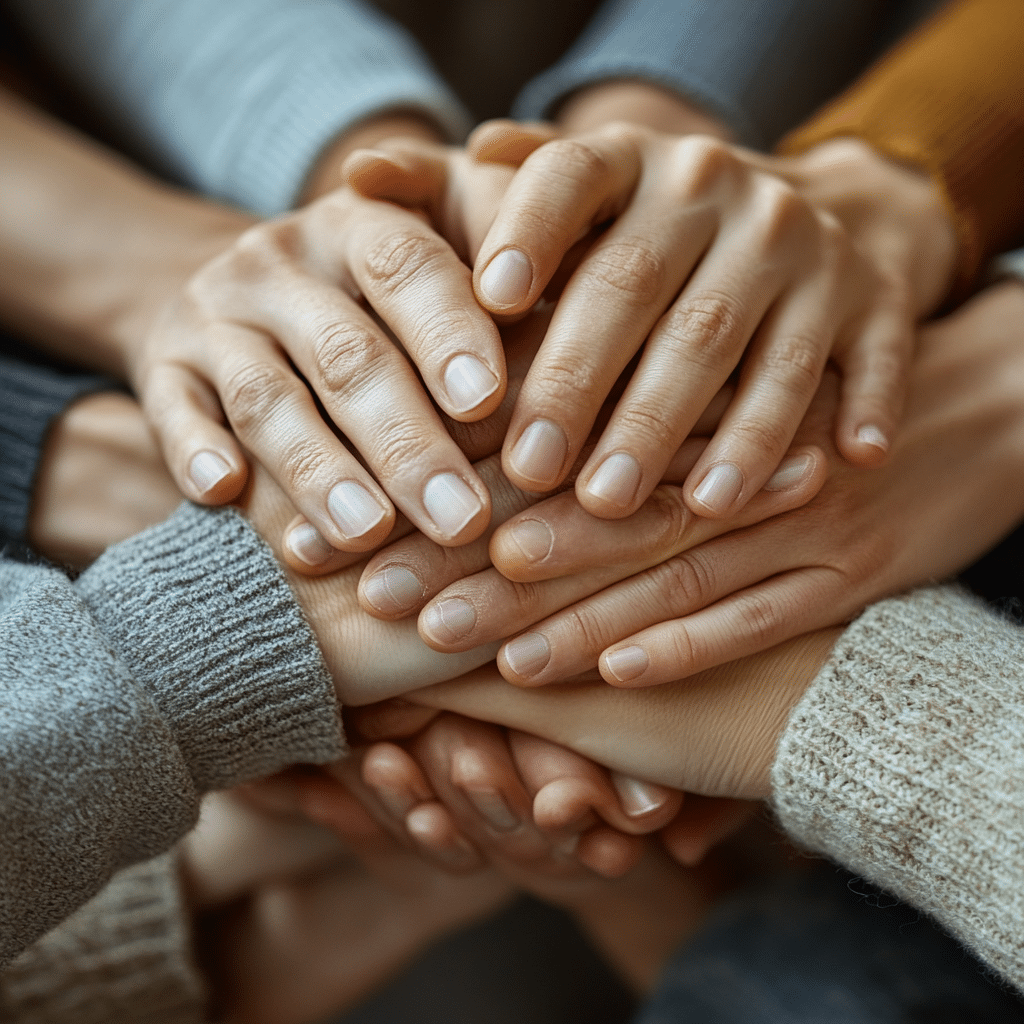
Top 7 Online Recovery Communities Making a Difference
The digital world is rife with online recovery communities that are actively changing lives. Here are seven standout platforms making a notable impact:
These online recovery communities resonate deeply, offering the kind of support parents may seek for their children struggling with addiction or for themselves after loss.
The Effectiveness of Online Support Compared to Traditional Methods
Research consistently shows that online recovery communities can effectively enhance the recovery process. Studies have revealed that digital platforms help reduce feelings of isolation while creating a sense of acceptance and belonging among participants. In fact, individuals utilizing these platforms often report a greater sense of connectivity than those who solely rely on traditional methods.
One study indicated that retention rates in recovery programs significantly improve when participants have access to online recovery communities alongside in-person meetings. Parents wrestling with grief or despair after losing a child to addiction find strength in these digital spaces. By accessing support whenever they need it, they can engage with others who may be experiencing similar heartbreak, ensuring they don’t feel alone.
In addition, participants in online recovery communities frequently benefit from the wealth of resources available. From educational materials about addiction to informative articles about mental health and coping strategies, the digital support landscape provides tools to navigate recovery. Checking out organizations like Mothers Against Addiction can lead parents to valuable resources surrounding topics such as virtual therapy For addiction and gaming in sobriety.
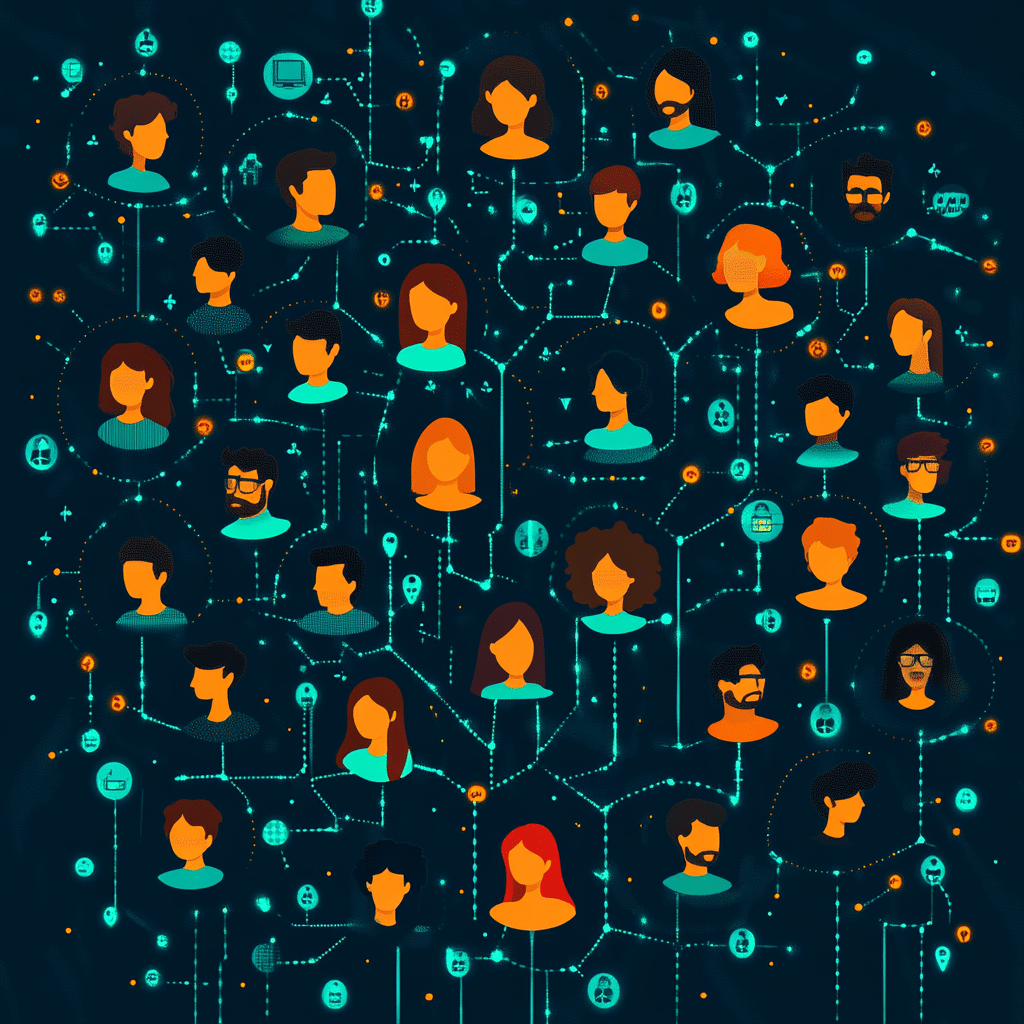
Unique Perspectives from Community Members
To grasp the profound impact of online recovery communities, let’s hear from those who have traveled their arduous paths to sobriety and healing. Real stories reveal the heart of recovery; they resonate and remind us that hope is within reach.
Take Sarah, a mother who lost her son to addiction. After his passing, she turned to online forums in search of understanding. She discovered a network of like-minded individuals who shared their stories and offered advice. “I found a place to grieve without judgment,” she shares. “These people got me.” Sarah’s experience underscores the essential role of community in the healing process.
Similarly, James, who battled alcohol addiction for years, found his footing through online recovery communities. The connections he forged online provided him the motivation to stay sober. He recalls, “I learned I wasn’t alone. Sharing my journey helped me heal.” James’ story speaks to how peer support and shared experiences can expedite recovery journeys, offering light in daunting times.
These personal accounts illustrate that online recovery communities are much more than platforms. They’re places of solace, understanding, and resilience. As parents and loved ones, we’ve witnessed how these digital connections can offer hope when it feels like all is lost.
The Challenges and Limitations of Online Recovery
While online recovery communities offer immense benefits, they’re not without challenges. One major concern is misinformation. Without verification processes, individuals may encounter inaccurate or harmful advice. It’s crucial for participants to approach online resources with discernment and rely on evidence-based guidance.
Another limitation of online communities is the absence of face-to-face accountability. Personal interactions can often facilitate deeper connections and foster accountability, which some members may miss in a virtual environment. It’s essential for members to seek balance—integrating both online and in-person support for the most effective recovery.
Cyberbullying, unfortunately, can also permeate these digital spaces. To combat this issue, many platforms have instituted strict moderation policies and reporting mechanisms to foster safe environments. Ultimately, the goal is to create supportive spaces where individuals genuinely feel welcomed and safe to share their experiences.
Future Trends in Online Recovery Communities
As we peer into the future, it becomes apparent that online recovery communities are on the brink of incredible advancements. Innovations in technology may propel these platforms to new heights, enabling them to cater even more effectively to users’ needs.
Artificial intelligence (AI), for instance, could offer tailored support to individuals based on their unique experiences and restrictions. Imagine a chatbot guiding users through tough moments while providing resources tailored to their situation. Moreover, integrating virtual reality into the recovery experience could create immersive environments that simulate communal support gatherings.
Additionally, we anticipate a growing collaboration between healthcare providers and digital platforms. By joining forces, they can ensure that those grappling with addiction receive comprehensive care—merging traditional therapeutic methods with the supportive nature of online recovery communities for a holistic approach to recovery.
Transforming lives through support, the evolution of online recovery communities stands as a testament to the resilience of the human spirit. By breaking down barriers and fostering connections, these platforms have become a vital lifeline for many. In a world often marred by stigma and isolation, these communities shine as beacons of hope, offering understanding and guidance. As technology continues to progress, their role in providing empathy and resources will only strengthen, further empowering individuals and families affected by addiction.
In conclusion, each of us has the power to navigate this journey and find solace in the connections we foster along the way. Whether you’re a parent who has lost a child or a caregiver grappling with a loved one’s struggle, remember that you’re not alone. Together, we can turn the tide of addiction through understanding and connection within online recovery communities.
Online Recovery Communities: Transforming Lives Together
The Rising Tide of Online Support
Did you know that online recovery communities are revolutionizing the way people connect and support each other during their journeys? In these virtual spaces, members can share experiences, strategies, and insights, thus creating a powerful network of encouragement. These platforms serve as vital lifelines for many, much like a ship name generator( offers a fun way to name a vessel, providing an anchor to those seeking to navigate the stormy seas of addiction.
Every individual’s story adds a unique thread to the tapestry of recovery, shaping the community’s wisdom and experiences. A professor of psychology once noted that peer-driven approaches can significantly enhance recovery outcomes. This echoes sentiments seen throughout the inspiring narratives of famous individuals, like Samuel Trammell,( who utilize their platforms to advocate for change and share their own journeys with addiction.
Digital Connection for Healing
Speaking of sharing journeys, online recovery communities also prioritize the aspect of digital well-being,( encouraging balanced interaction while supporting members. This asynchronous interaction allows individuals to engage at their convenience, fostering a sense of belonging. Statistics show that nearly 49% of people find comfort in anonymous communication, making these platforms not just welcoming but a safety net for those who might find face-to-face meetings daunting.
In addition, these communities often host virtual meetings, webinars, and support forums, which are crucial for continuous learning and growth. Catching a classic film like Beethoven 1992() can bring smiles and laughter, creating friendly context and camaraderie among members. Just as a loan calculator With extra Payments() helps people visualize their financial future, these digital spaces project a hopeful outlook on recovery, underpinning the idea that healing itself is a journey shared.
Building Meaningful Connections
Ultimately, online recovery communities help break barriers. Participants find solace in knowing they’re not alone and can share hardships and victories alike. It’s akin to the way leadership transformation( takes place through shared visions and goals; together, they help individuals climb out of the depths of addiction toward a brighter future. Each post, “like,” or comment can be like a lifebuoy, urging people to grasp hold and pull themselves back to calmer waters.
As we see the influence of these platforms grow, it’s clear that online recovery communities are more than just websites; they are essential support networks that foster healing, resilience, and hope. Connecting across screens, they guide countless individuals toward transformation, proving that support doesn’t have boundaries.
